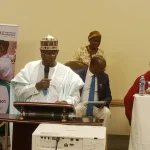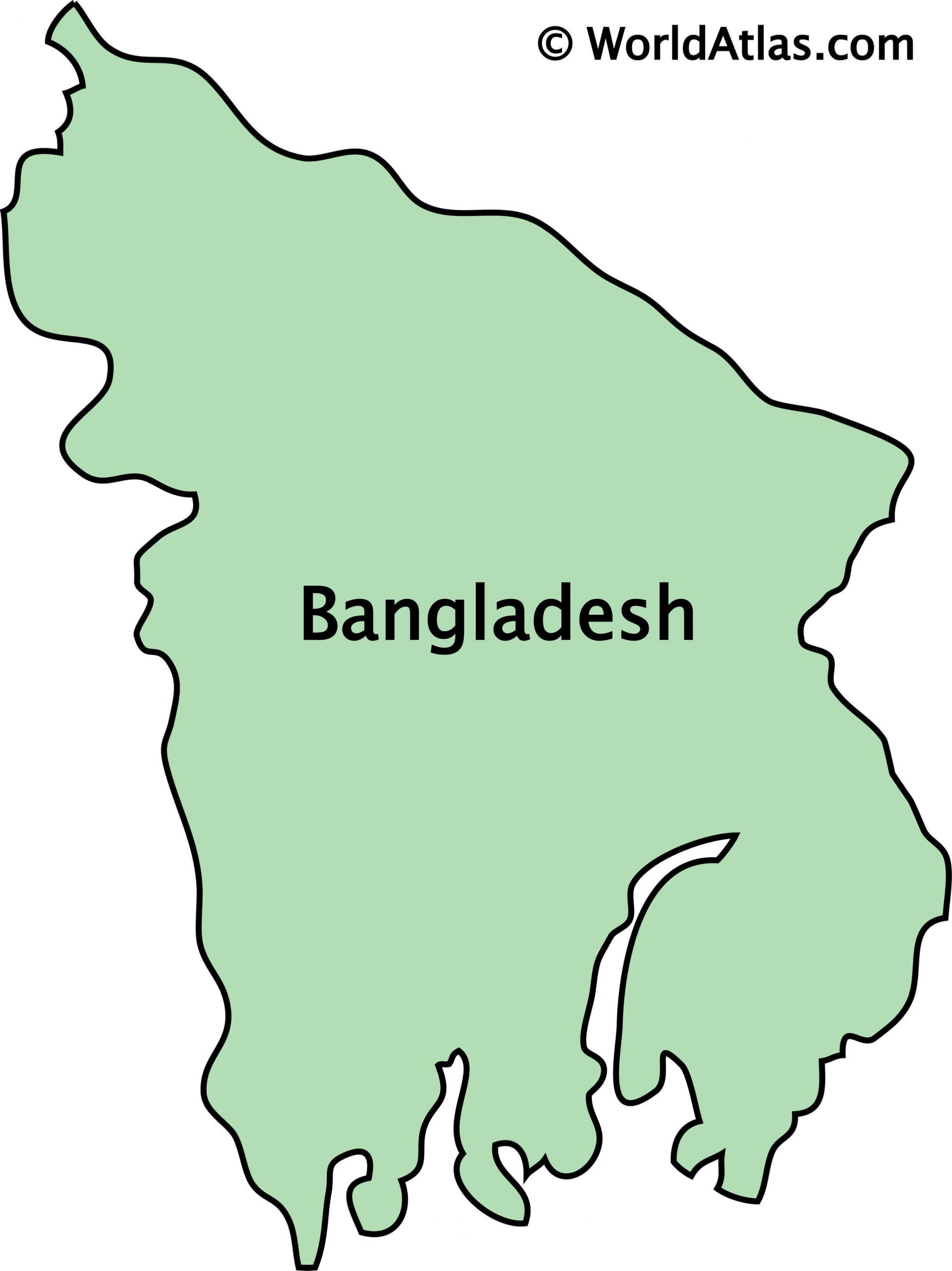The West African region produces about 17 million tonnes of plastic waste each year, with only 10 percent of it being recycled.
This information was shared by the Speaker of the Economic Community of West African States, Hadja Mémounatou Ibrahima, on Tuesday, July 30.
Ibrahima highlighted that improper management of plastic waste is causing severe pollution in oceans, rivers, and soils, and is threatening biodiversity.
She spoke at the opening of a meeting in Winneba, Ghana, which focused on various issues related to agriculture, environment, and natural resources.
“The impact of plastic pollution on our ecosystem is undeniable and poses a significant threat to our survival. The figures are alarming,” Ibrahima said. “ECOWAS generates around 17 million tons of plastic waste annually, of which only 10 percent is recycled.”
She explained that this mismanagement leads to plastic waste accumulating in the environment. “This lack of proper management leads to an accumulation of plastic waste in the environment, polluting our oceans, rivers, and soils and threatening biodiversity,” she added.
Ibrahima expressed concern that the region is still struggling to tackle plastic waste. “ECOWAS is still struggling to eradicate plastic waste from our towns, countryside, and oceans,” she said. “This scourge is an environmental threat and a brake on our economic development. The impact on public health is also a cause for concern, with increased risks of illness linked to pollution and contamination of water resources.”
She noted that international efforts have been made to address plastic waste. “At an international level, in addition to the numerous conventions adopted to combat climate change, awareness of the many negative impacts of plastic waste on the environment and human and animal health has led the international community to institute a ‘World Plastic Bag Free Day’ in 2010, which is celebrated every year on July 3.”
At the community level, ECOWAS has adopted a policy to manage plastic waste, aiming to reduce, recycle, and recover plastic waste. “ECOWAS, aware of the urgency of the situation, has adopted a community policy for the management of plastic waste,” Ibrahima said.
Several ECOWAS member states, including Togo, Mali, Côte d’Ivoire, Burkina Faso, Guinea-Bissau, Niger, Gambia, and Senegal, have already enacted legislation to regulate plastic use. “To effectively combat plastic pollution, certain Member States have adopted legislation to regulate the plastics sector,” she noted.
Ibrahima also expressed hope that the meeting will lead to effective solutions. “I am confident in the participants’ expertise at this meeting to propose solutions that will enable us to meet our current needs without compromising those of future generations,” she said.
She emphasized the need for investment in research and development, technological innovation, and improved education on climate change and plastic waste management.
“The fight against plastic pollution is a shared one. It concerns environmental issues, social justice, and sustainable development. By joining forces, sharing experiences, and exploring innovative solutions, we can meet this challenge and build a more sustainable future for our region,” Ibrahima concluded.











